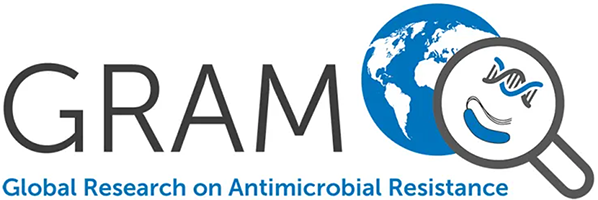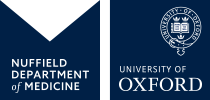Plasma Metabolomics Reveals Distinct Biological and Diagnostic Signatures for Melioidosis.
Xia L., Hantrakun V., Teparrukkul P., Wongsuvan G., Kaewarpai T., Dulsuk A., Day NPJ., Lemaitre RN., Chantratita N., Limmathurotsakul D., Shojaie A., Gharib SA., West TE.
RATIONALE: The global burden of sepsis is greatest in low-resource settings. Melioidosis, infection with the Gram-negative bacterium Burkholderia pseudomallei, is a frequent cause of fatal sepsis in endemic tropical regions such as Southeast Asia. OBJECTIVES: To investigate whether plasma metabolomics would identify biological pathways specific to melioidosis and yield clinically meaningful biomarkers. METHODS: Using a comprehensive approach, differential enrichment of plasma metabolites and pathways were systematically evaluated in patients from a prospective cohort of individuals hospitalized in rural Thailand with infection. Statistical and bioinformatics methods were used to distinguish metabolomic features and processes specific to melioidosis patients, and between fatal and non-fatal cases. MEASUREMENTS AND MAIN RESULTS: Metabolomic profiling and pathway enrichment analysis of plasma samples of melioidosis (n=175) and non-melioidosis infections (n=75) revealed a distinct immuno-metabolic state among patients with melioidosis, as suggested by excessive tryptophan catabolism in the kynurenine pathway and significantly increased lipid metabolism such as sphingomyelins and ceramide species. We derived a 12-metabolite classifier to distinguish melioidosis from other infections, with an area under the receiver operating characteristic curve of 0.87 in a second validation set of patients. Melioidosis non-survivors (n=94) had a significantly disturbed metabolome compared to survivors (n=81) with increased leucine, isoleucine and valine metabolism, and elevated circulating free fatty acids and acylcarnitines. A limited 8-metabolite panel shows promise as an early prognosticator of mortality in melioidosis. CONCLUSIONS: Melioidosis induces a distinct metabolomic state that can be leveraged to distinguish underlying pathophysiological mechanisms leading to increased risk of death. A twelve-metabolite signature accurately differentiates melioidosis from other infections and may have diagnostic applications. This article is open access and distributed under the terms of the Creative Commons Attribution 4.0 International License (https://creativecommons.org/licenses/by/4.0/).

